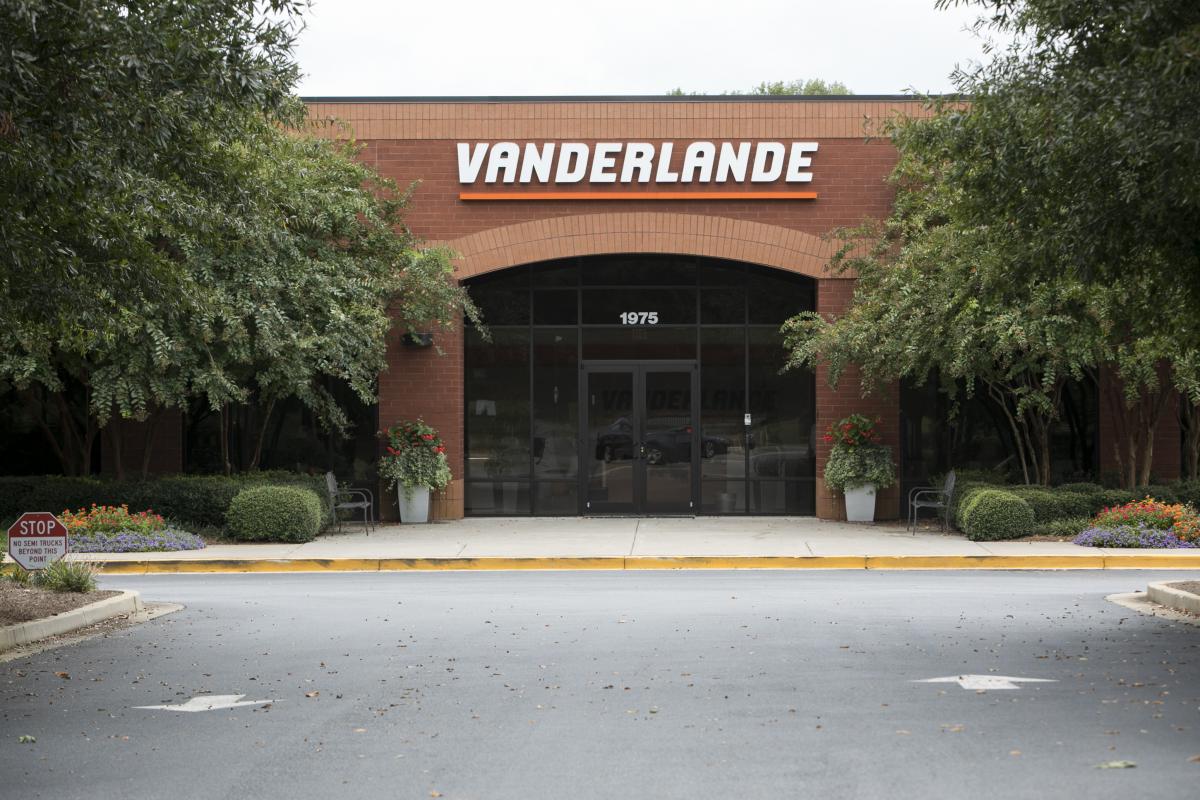FB roundup: Chinese investment, SHV, and Australian succession

Chinese investors favour London despite Brexit
Wealthy Chinese families are flocking to London despite Brexit uncertainty, with a 56% increase in Chinese applications for Investor Visas during 2017.
China accounts for just under a third of UK Investor Visa applicants, with London's main drawcards being asset security, commercial property, a weakened pound, excellent private schools, and legal and accountancy expertise, says research from wealth managers LJ Partnership.
During 2017, 122 Chinese investors applied for the visa, compared with 78 the year prior. Applicants need to invest £2 million ($2.8 million) or more in UK Government bonds, share capital or loan capital in active UK-registered companies.
Chinese investment into the UK reached $20.8bn in 2017, an increase from $9.2bn in 2016, according to analysis from law firm Baker McKenzie.
SHV profit ‘exceptional’ in difficult year
 Profits at Dutch trading group SHV Holdings soared to €1.3 billion ($1.6 billion) in 2017, up from $857 million the year prior.
Profits at Dutch trading group SHV Holdings soared to €1.3 billion ($1.6 billion) in 2017, up from $857 million the year prior.
The “exceptional” result was largely due to the company selling off its interest in Vanderlande Industries, an airport baggage and logistics company. Other parts of SHV in fact did not perform well, and operational earnings were down 26% to $643 million.
“SHV and some of its groups were confronted with operational challenges, ranging from sharp downturns in certain geographical markets to set backs in projects, with a large effect on the company’s performance,” the company said in a statement.
SHV is 100% owned by the Fentener van Vlissingen family, one of the Netherlands’ richest industrial dynasties. The group, which has interests in retail, oil, transport, food and finance, turned over $24.4 billion last year.
Australia’s big baby boom business handover
 More than 350,000 family and private businesses will change hands in Australia alone over the next few years as baby boomers retire, new research from PwC suggests.
More than 350,000 family and private businesses will change hands in Australia alone over the next few years as baby boomers retire, new research from PwC suggests.
Once in a lifetime: Creating the right growth chemistry for Australian private and family businesses shows that such companies contribute AUD $600 billion to the economy and employ 3 million Australians.
“When it comes to transition, not all owners have the same goals,” researchers said. “While some prefer an outright sale, others want to maximise their company’s growth potential before they exit or hand over the reins.”
The report says that in the current economic environment, investors globally are sitting on $1.7 trillion of “dry powder”—a term for money raised but not yet committed, spelling growth opportunities for family firms approaching a generational handover.






